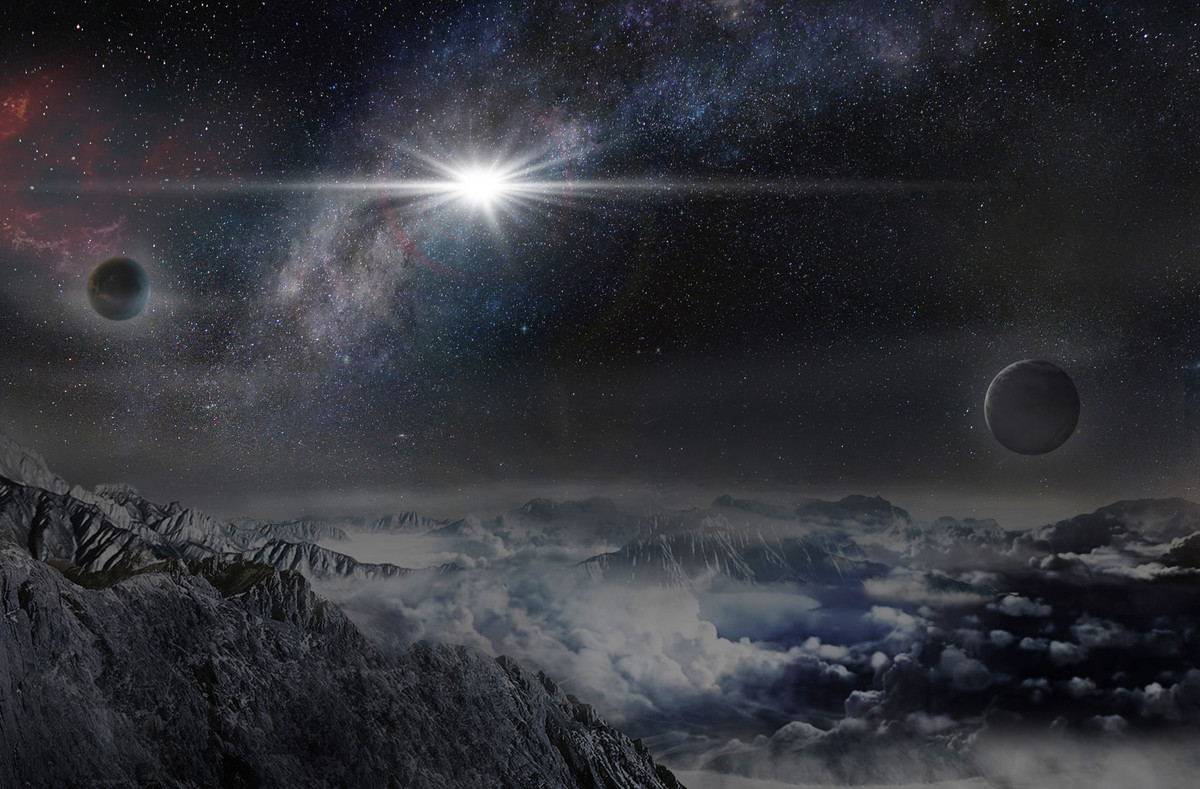
Wide-field optical time-domain surveys provide an opportunity to discover and decipher new types of cosmic explosions. One such discovery in the past decade is the class of "superluminous" supernovae (SLSNe), which have bolometric luminosities 10-100 times those of normal core-collapse and Type Ia SN, and are preferentially found in low-metallicity and highly star-forming dwarf galaxies. These SLSNe represent a challenge both to our understanding of the deaths of the most massive stars, of star formation and stellar evolution in low-metallicity environments, and of the physics of powering the optical emission in supernovae. In this talk, I will present results from the Pan-STARRS Medium Deep Survey and the Palomar Transient Factory, addressing the nature of SLSNe from two angles: 1) characterizing the explosions themselves and comparing the observed properties to model predictions, and 2) constraining the progenitor population through a comprehensive study of SLSN host galaxy environments.